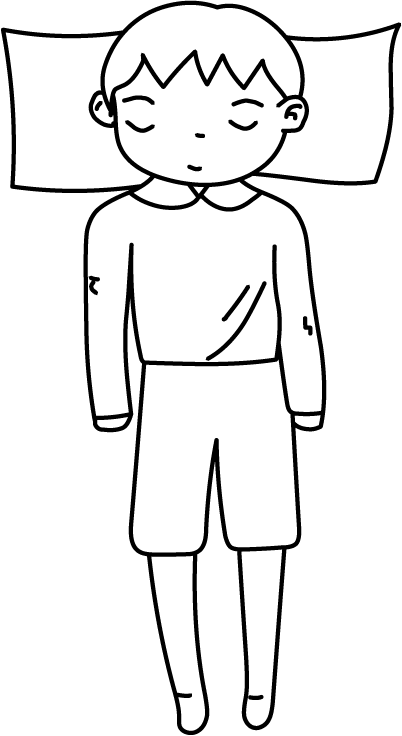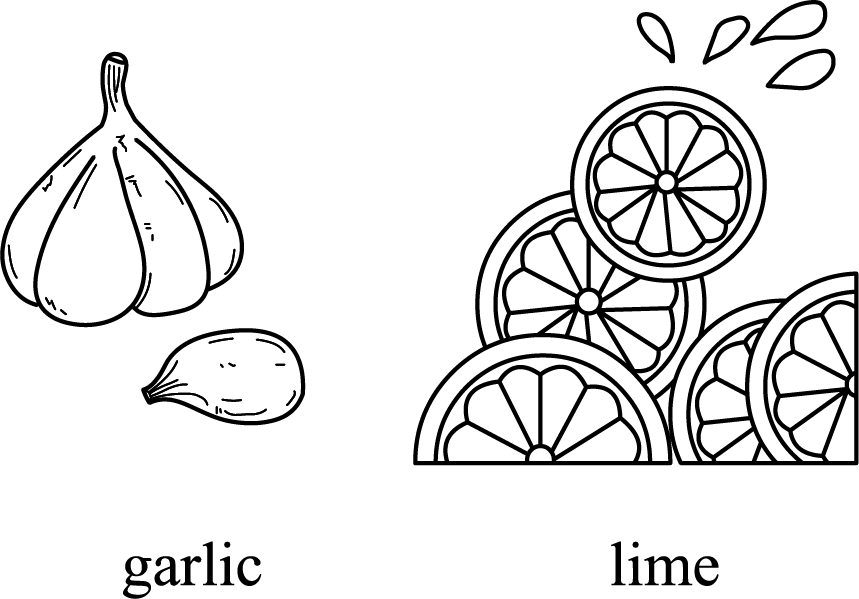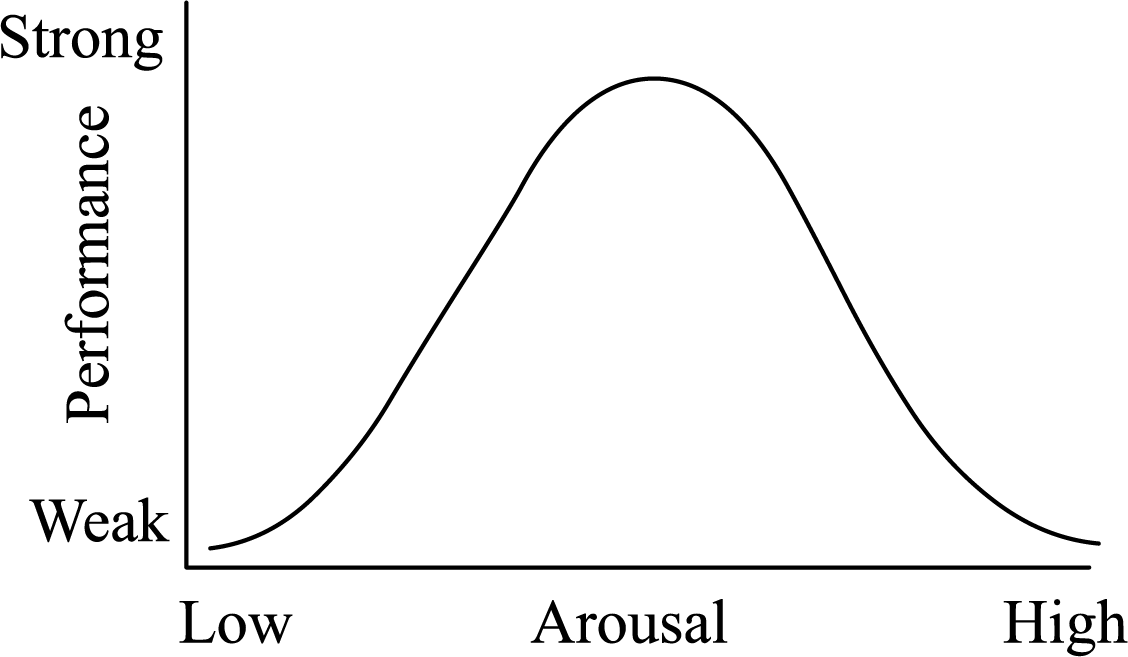



 | Starfish Starfish is when you lie on your back and sleep with your arms lifted up near your head. According to studies, only 5% of people sleep like this. It often causes lower back pain. You can place a pillow (枕头) under your knees if you have lower back pain. You will feel more comfortable this way. | |
 | Soldier Position This sleeping position is kind of strange, but very common. It's when you sleep on your back with your arms down and very close to your body. Studies have shown that people who sleep like this may be quieter. It is actually a good sleeping position, as it helps keep your spine (脊柱) in a straight line. | |
 | Sleeping on Your Belly Do you like to sleep on your belly, but experience problems oftentimes? The position might not help you. It can make your neck uncomfortable. But if this is how you like to sleep, you might consider using a very soft cooling pillow to keep your neck comfortable. | |
 | Freefall If this sleeping position is not familiar to you, you should know that at least 7% of the world's population sleep that way. In this position, you have your hands on or around your pillow, with your head turned to one side. But it may create a twist (扭伤) in the neck. Some studies suggest that generally you're a social person if you like to sleep in this position. | |


